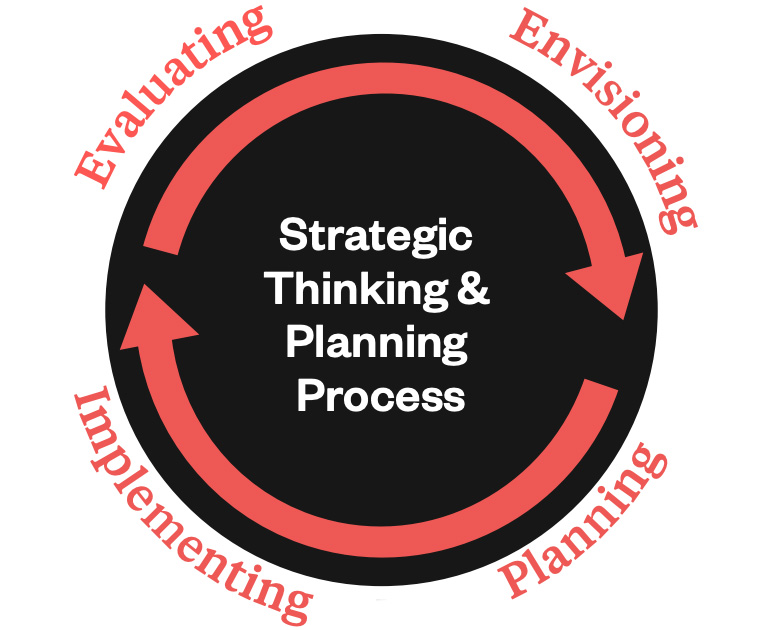Professional Learning
Teachers have the greatest impact on the success of every student’s learning journey. When you support your educators’ development, you inherently support students. Cognia’s customizable professional learning opportunities are designed to meet your teachers’ needs and transform instruction.
Ignite transformational change
Make an impact at your school through customized professional learning facilitated by Cognia experts.
As experienced educators ourselves, we have the knowledge and skill to engage educators in learning that is easy to implement and impossible to forget. Embedded into each learning session are the four key characteristics of high-quality schools:
- Culture of learning
- Leadership for learning
- Engagement of learning
- Growth in learning
Invest in your professional learning
We know your time is valuable. Attend an IMPACT conference for meaningful, relevant professional learning that will inspire you.
Key characteristics embedded into professional learning
When you partner with Cognia, you will participate in engaging learning opportunities driven by the characteristics of high-quality schools.
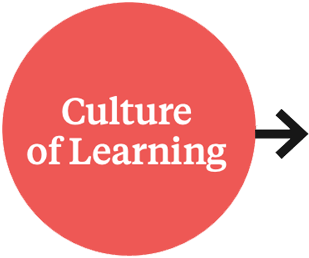
Refining your practice with Cognia’s continuous improvement process by engaging stakeholders, you will enhance the culture of learning.
Sessions:
Where do we start?
Refining your practice with Cognia’s continuous improvement process
Assess where you are with continuous improvement and define what it means to your institution. Explore the four phases of Cognia’s continuous improvement system and determine your next steps for improvement.
I believe in us!
Improving personal growth mindset
Develop an understanding of the characteristics of fixed and growth mindsets, reflect on your mindset as a learner and educator, and learn new tips to promote a growth mindset.
The little student that could
Engaging with a growth mindset
Explore how a growth mindset affects student engagement, practice strategies for classroom implementation, identify ways to embrace a growth mindset in the pursuit of success, and encourage the development of a growth mindset.
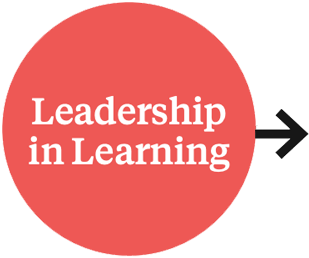
The power of data analysis, actionable practices, and intentional instructional and strategic planning can help leaders meet their students’ needs.
Sessions:
The power of data analysis
Identify types of data that support decision-making, collect and organize school-based data, prioritize data based on the purpose for analysis, receive an overview of data analysis and synthesis, and plan for next steps for improvement.
Utilizing eleot® results to inform decision-making
Discover the importance of the seven eleot® learning environments, create a plan for performing eleot® observations, and explore multiple applications for leveraging results to improve instructional practice and inform leaders’ decision-making.
Wanting to be better is not enough
Actionable practice to achieve strategic goals
Learn about Cognia’s Strategic Thinking and Planning process, a dynamic process for school leaders looking to actively engage stakeholders in strategic thinking and improvement planning, and the Cognia Platform (formerly eProve™) strategies that support it.
Students are talking—do we really listen?
Intentional instructional planning that meets student engagement needs
Discover why engaging your students is critical, learn how to interpret student engagement survey results, and participate in professional learning focused on research-based instructional strategies that promote active student engagement.
There’s support for that
Cognia’s companion on your journey to continuous improvement
Explore the Cognia Improvement Platform designed to elevate, accelerate, and improve your existing systems. Navigate modules in the platform and receive an overview of our tools, including Observations, Diagnostics, Surveys, Strategies, Assessments, and Workspace.
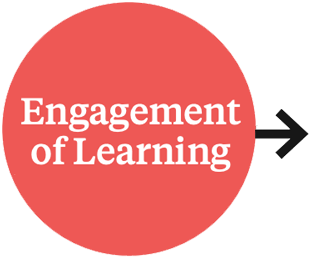
Engaging students through differentiation and varied instructional strategies can lead to improvements in teaching and learning.
Sessions:
When students have a choice
Understanding the why and how of differentiation
Gain an understanding of how differentiated classrooms are more engaging than traditional classrooms, explore the value and benefits of differentiating instruction, and learn new insights and ideas to implement in your classroom.
Introduction to effective learning environments
Learn about classroom conditions that promote learning and student engagement. Participate in a guided review of sample eleot® (Effective Learning Environments Observation Tool®) data or bring your classroom environment data for reflection.
Think differently and think for yourself
Using effective questioning to deepen thinking
Explore different questions that help students elaborate, clarify, and reflect on their thinking, questioning techniques that promote critical thinking and problem-solving, and ways to embed rigorous questions in classroom discussions.
Are you a teacher or a facilitator?
Engaging all students in the learning process
Increase your students’ attention and focus by engaging them in the learning process. Reflect on current instructional practices, explore approaches that motivate students in deeper learning, and gain new strategies that promote active learning.
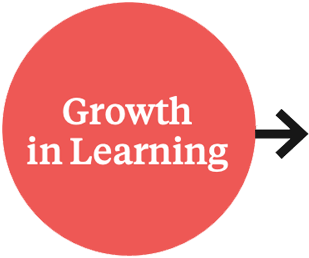
Guiding educators to monitor student progress and offer meaningful feedback that will lead to student growth and improvement.
Sessions:
Finding a balance with locally created assessments
Understand the purposeful design and data limitations with formative, interim, and summative assessments and gain greater insight into using different data types to evaluate, report, and promote student learning.
I don’t want to stay here
Continuous improvement in the classroom
Foster student learning and growth through continuous improvement. Explore improvement at the classroom level, discuss ideas around student data and feedback, examine communication strategies with stakeholders, and address student needs.
Progress monitoring for growth
Develop a plan to monitor the progress of student learning. Learn how students can monitor their own progress and how teachers can monitor student progress to inform their teaching in the classroom.
Feedback to drive student improvement
Explore the importance of delivering feedback so students know if they’re making progress toward the learning target and develop strategies to support learning if they are not.
Fundamentals of instructionally embedded formative assessment
Create a culture in which formative assessment becomes a routine practice supporting teaching and learning. Understand the role of instructional embedded formative assessment in a balanced assessment system and explore systemwide implementation.
Accelerate learning through common assessment with professional learning communities
Learn how to create equitable learning opportunities for students through Professional Learning Communities (PLCs). You’ll gain strategies to enhance your PLC practice and help educators “work smarter.”
Align professional learning to school goals
As a school leader, it can be challenging to determine which professional learning topics will have the greatest impact on teachers and, as a by-product, students.
When schools participate in Cognia’s strategic thinking and planning process, the decision comes easy. The envisioning and planning phases help identify which skills teachers need enriched to meet the established goals. In this way, the whole school is moving in the same direction and is well-positioned for improvement.
